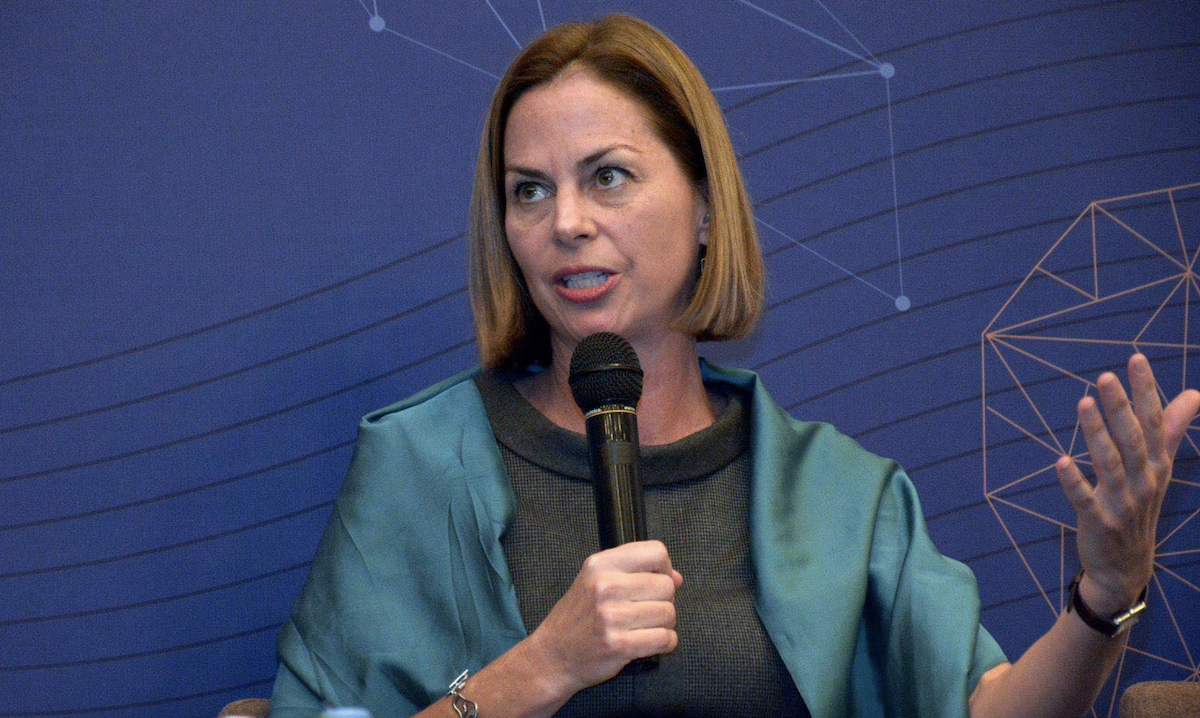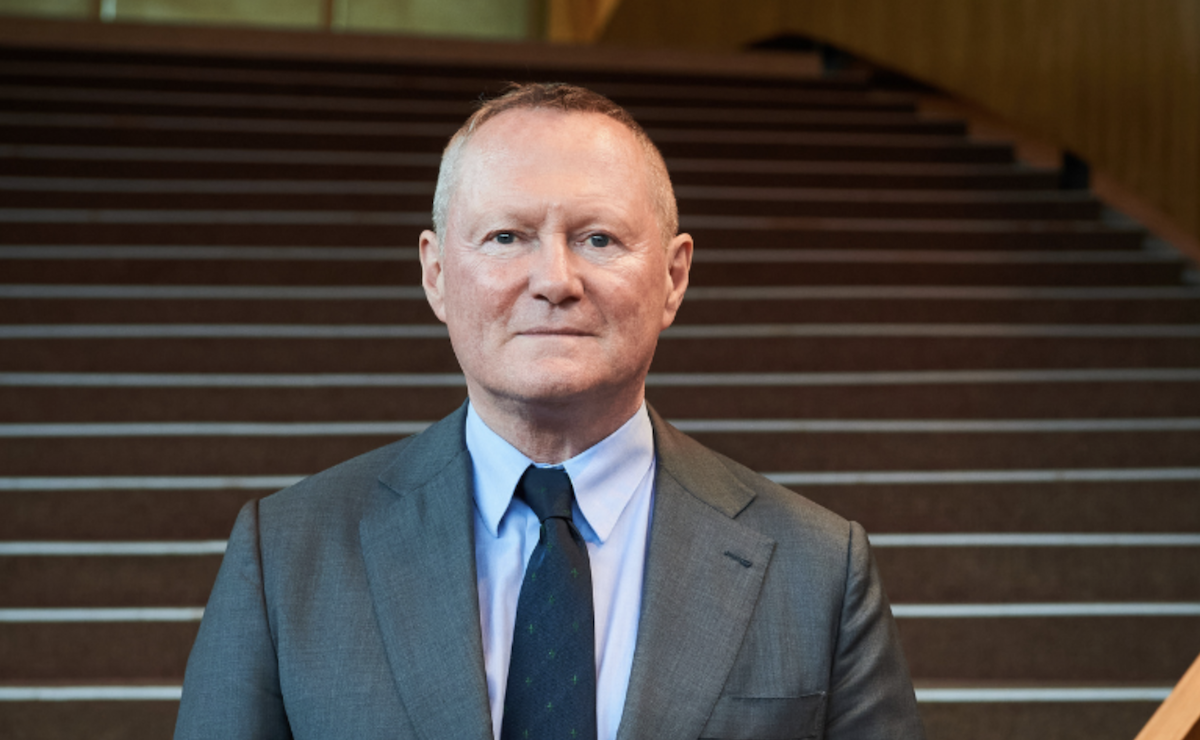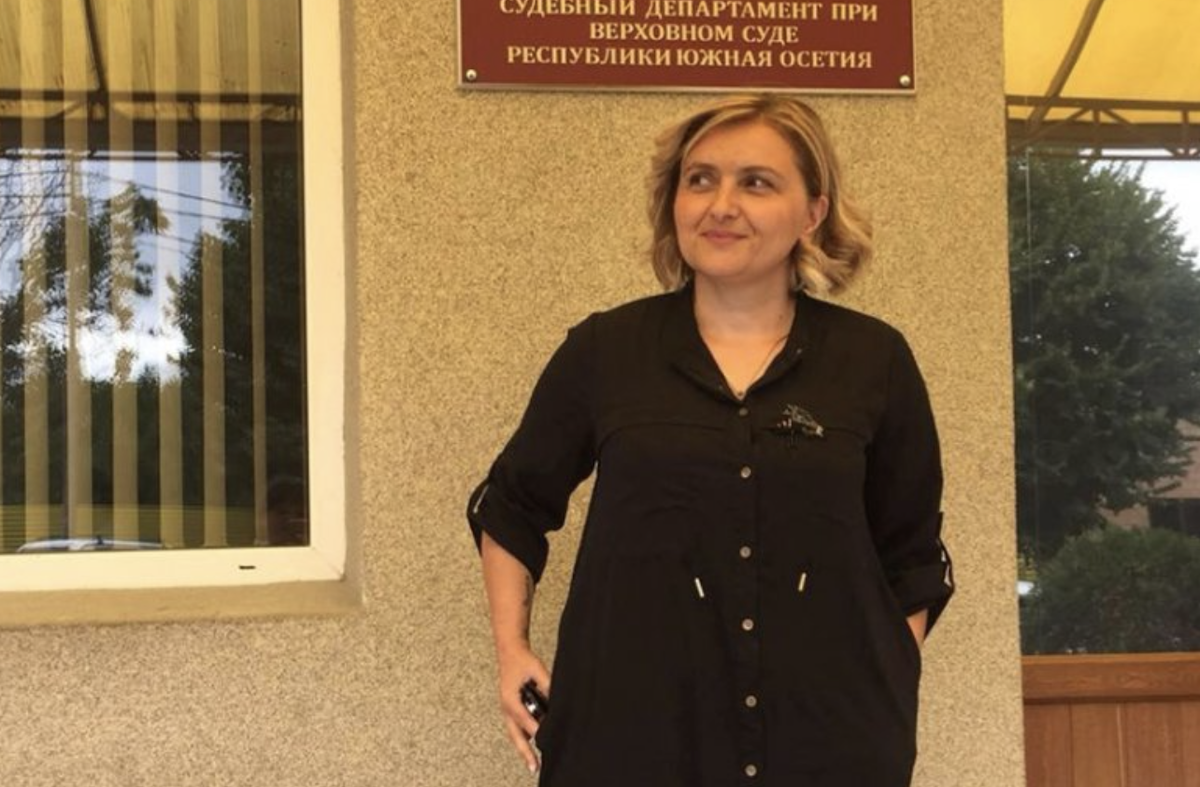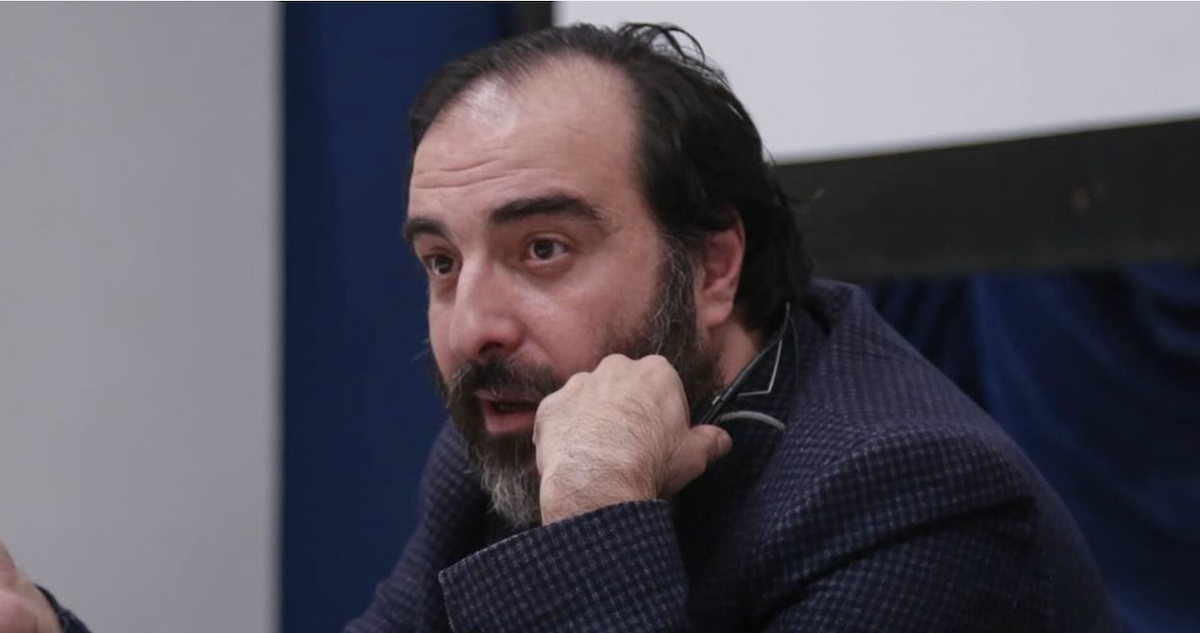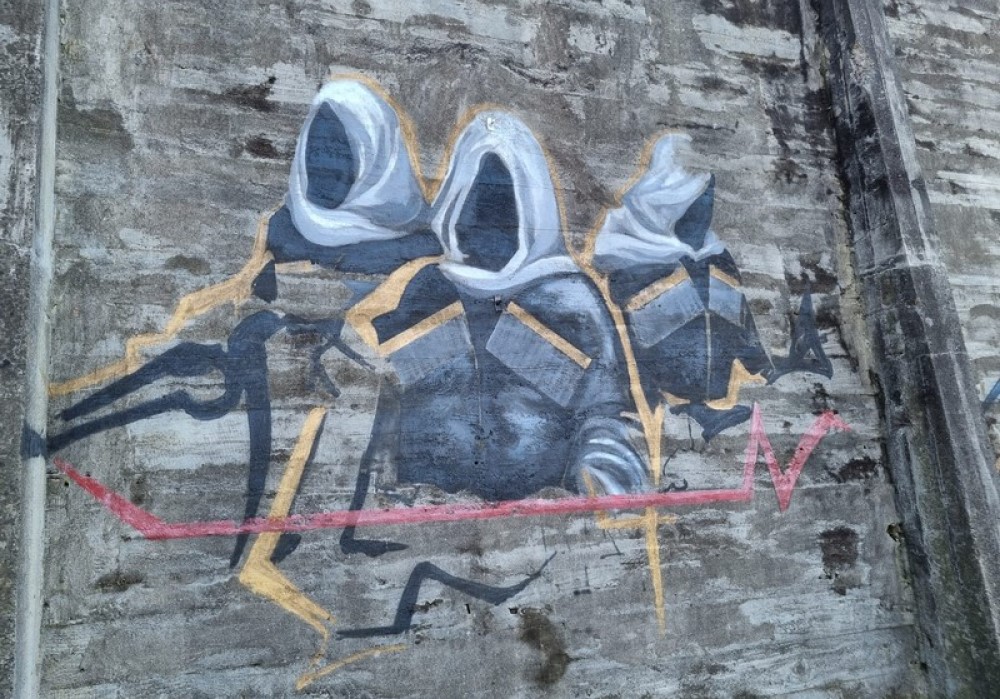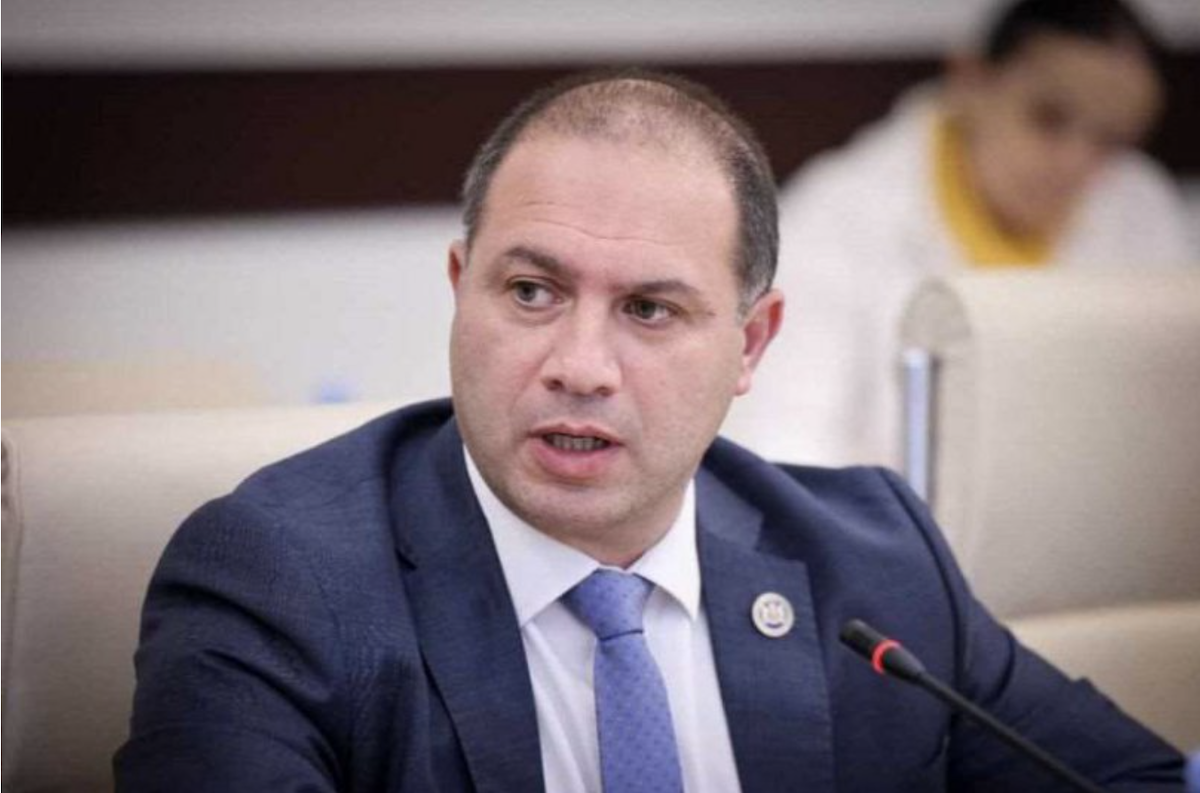Georgia’s public mood three months after elections – ISSA study
ISSA study on Georgia
“The survey on the public’s attitude towards ongoing processes in Georgia” is the name of the sociological study conducted by the Institute of Social Studies and Analysis (ISA) with financial support from the Civil Society Fund and the UN Association of Georgia.
The survey interviewed 2,000 adult respondents in Tbilisi and other cities, as well as in rural areas, using face-to-face interviews. The survey was conducted from January 18 to 30, 2025.
Key findings
● The majority of respondents acknowledge the presence of a political crisis in the country. They are dissatisfied with the current processes and primarily hold the Georgian Dream and its founder and leader, oligarch Bidzina Ivanishvili, responsible for them.
● 86.3% of respondents support Georgia’s accession to the EU, and 74.2% support joining NATO.
● 67.1% find the decision by the Georgian Dream on November 28, 2024, to halt the country’s EU integration until 2028 unacceptable.
● Despite this, more than half of the respondents—up to 53%—are in favor of Georgia remaining neutral and not joining any international organizations.
● Nearly 55% believe that the foreign policy of the Georgian Dream aligns with the interests of Russia and countries close to it, such as China and Iran. However, 30.1% believe that the Georgian Dream pursues a balanced foreign policy and does not prioritize the interests of any one country.
● 54.2% found the statements of the Georgian Dream about the allegedly harmful influence of the “party of global war” and the “deep state” unconvincing. Yet, 25.3% of respondents (and 31–32% considering additional questions) are influenced by these propaganda messages. This part of the population is aware of serious social issues but fears being dragged into a war with Russia, fueled by propaganda.
● Up to 60% of respondents support the ongoing pro-European protests in Georgia, with 45% of them being active participants in the protests.
● The majority of respondents agreed with the main demands. 62% support calling new parliamentary elections to lawfully change the government.
76.3% of respondents supported the demand to release more than 50 arrested protest participants.
● 51.3% of respondents said they voted for an opposition political force in the October 2024 parliamentary elections. 32% confirmed they voted for the Georgian Dream. About 17% did not answer the question.
● The author of the study, sociologist Yago Kachkachishvili, stated that he conducted a similar survey before the October 2024 parliamentary elections. Compared to that period, the political weight of the Georgian Dream has decreased by 8–10 percent, according to the sociologist.
● Up to 48% believe the Georgian Dream government is illegitimate. However, 39.2% hold the opposite view and consider the party’s rule completely legal.
● Up to 55% of respondents disagree with the statement that the departure of the Georgian Dream creates a risk of Georgia being involved in a war with Russia. 35.5% allow for this possibility, while only 15.3% are certain about such a scenario.
● Over 80% of respondents are categorically against Georgia joining any union under Russia’s leadership. Around 14% see such a decision as beneficial for the country.
● High prices, unemployment, and the increasing emigration from the country are considered the most pressing issues.
● Among political figures, the most positive attitude is toward the fifth President of Georgia, Salome Zourabichvili, who was preferred by 49%.
● 57.2% negatively assessed the appointment of Mikheil Kavelashvili as president by the Georgian Dream.
● Up to 52% of respondents consider the sanctions imposed by the US on Bidzina Ivanishvili and senior officials of the Ministry of Internal Affairs to be justified.
● Among TV channels, governmental Imedi leads by a small margin (up to 42%), followed by Mtavari Arkhi (up to 38%) and TV Pirveli (33.4%). On social media, Facebook is the undisputed leader.
Political ratings of parties and alliances
Responses to one of the most important questions about political affiliation were distributed as follows:
- 34.1% of respondents identify as supporters of Georgian Dream.
- 59.7% consider themselves opposition supporters.
However, the study found that only 18.6% of “Georgian Dream” supporters fully support the party.
Overall, political ratings are as follows (each party’s election number is indicated before its name):
- (41) Georgian Dream – 25.1% (31.5% including responses to additional questions)
- (4) Coalition for Change – 10.3% (18% including responses to additional questions)
- (5) United National Movement – 8.5% (14.9% including responses to additional questions)
- (8) Alliance of Patriots of Georgia – 1.6% (2.9% including responses to additional questions)
- (9) Strong Georgia – 6.3% (11% including responses to additional questions)
- (10) Labour Party of Georgia – 0.5% (0.8% including responses to additional questions)
- (25) Gakharia for Georgia – 5.4% (9.5% including responses to additional questions)
- (36) Girchi – 2.4% (4.3% including responses to additional questions)
- Other party – 4% (7.1% including responses to additional questions).
More than 35% of respondents remain undecided:
- “Don’t know” – 13.8%
- “I would leave the ballot blank” – 4.1%
- Refused to answer – 18.2%
Who are the voters of the Georgian Dream and who votes for the opposition?
In the opposition group, compared to others, the highest share is among young people (18–29 years old), Tbilisi residents, and those employed in the private sector.
Among Georgian Dream supporters, on the contrary, there is a higher proportion of older people (55+), rural residents, as well as public sector employees, pensioners, and people with disabilities.
In the undecided group, the share of unemployed individuals is relatively high.
Who assesses situation in country?
When asked the traditional question in such surveys about whether Georgia is moving in the right direction, the overwhelming majority (61.7%) responded that, in their opinion, the country is heading in the wrong direction. More than a third of them are firm in their negative assessment and believe that the country is moving in a “completely wrong direction.”
Up to 35% of the population holds a more positive outlook, but only 12.2% express a clearly optimistic view.
It was also revealed that, despite the government’s constant claims to the contrary, an absolute majority of the population, 82.1%, recognize that a political crisis is unfolding in the country. Even supporters of Georgian Dream acknowledge this. Only 12.3% of respondents stated that they do not see a crisis.
The main indicators of the political crisis for respondents are three key factors: a one-party parliament, mass protests demanding new elections, physical violence, and illegal arrests of protesters.
The overwhelming majority, 78%, believe that the main responsibility for the crisis lies with Georgian Dream. 23.6% place the blame personally on Bidzina Ivanishvili. This is followed by the opposition’s United National Movement (16%) and other opposition political parties (16.5%).
Main issues
The main problems in the country, according to respondents, are:
- High prices – 46.5%
- Unemployment – 42.1%
- Population outflow – 21%
- Drugs – 18%
- Poverty – 16.4%
- Unfair elections – 15.5%
- Crime and insecurity – 15.4%
- Threat of being drawn into war with Russia – 8.3%.
Russian-occupied territories were mentioned as a problem by 3.7% of respondents.
Georgia’s EU accession halt
A clear majority (67.1%) find Prime Minister Irakli Kobakhidze’s statement on suspending Georgia’s EU accession process unacceptable. Notably, this includes 26% of Georgian Dream supporters.
More than half of respondents (up to 55%) believe that Georgian Dream’s foreign policy aligns with the interests of Russia and Russia-friendly countries such as China, Iran, and others.
Georgian Dream’s foreign policy
30.1% believe that Georgian Dream pursues a balanced foreign policy and does not serve the interests of any single country.
Only 7% are convinced that the party is on a path toward integration with the West (Europe, the U.S.) and Western structures (EU, NATO).
Attitude toward protests
A majority (up to 60%), including up to 14% of Georgian Dream supporters, are sympathetic to the protests;
45% actively support the protests;
About 31% oppose them;
Nearly a quarter (23.7%) are strongly against the protests.
Who should Georgia align with?
EU membership is supported by an overwhelming majority—86.3%.
NATO membership is backed by 74.2%.
80% oppose Georgia’s integration into the CSTO (a military alliance led by Russia), while up to 14% support such a development.
More than half (up to 53%) believe Georgia should remain neutral and not join any political or military international structures.38.4% oppose neutrality.
Opinion on 26 October parliamentary elections
43% believe the October 26 election was unfair, while 33.1% consider it fair.
Another 16.1% think the election was equally fair and unfair (50/50).
A key detail: nearly a quarter of opposition-leaning respondents (up to 23%) do not believe the election was unfair.
Another important point: more than half of respondents (51.3%) said they voted for the opposition, while about a third (32%) supported Georgian Dream.
A significant share (around 17%) did not answer this question. However, based on other responses, researchers estimated that these votes were distributed as follows: opposition – 7.6%, Georgian Dream supporters – 4.5%, undecided – 4.5%.
Only 39.2% of respondents consider Georgian Dream’s rule legitimate and lawful. Meanwhile, 48% view the party as illegitimate, and 13% either have no clear opinion or refused to answer.
Portesters' demands
The majority of respondents (62%) support the demand for new elections.
Around a third (34.2%) oppose holding new elections, while about a quarter (23.8%) are strongly against it.
Support for the protesters’ second demand is significantly higher: a clear majority—76.3%—back the release of political prisoners. Only about one-fifth (18.3%) oppose their release.
Threat of war
55% do not share the view that Georgia’s risk of being drawn into a war with Russia would increase if Georgian Dream lost power.
Such a war is a concern for 35.5% of respondents, but only 15.3% see this threat as entirely realistic.
Who's legitimate president of Georgia?
Respondents are nearly evenly split on who they consider the legitimate president of Georgia.
Salome Zourabichvili holds a slight advantage, with 40.1% recognizing her legitimacy, while about 38% consider Mikheil Kavelashvili the rightful president.
Attitude toward sanctions
The survey shows that an overwhelming majority of the population is aware of Western sanctions and exhibits a high level of interest in the topic.
A vast majority—86.5%—have heard about the U.S. State Department’s sanctions against Bidzina Ivanishvili, with more than half (up to 52%) considering them justified, while a third (33.8%) view them as unfair.
A similar share (up to 52%) also believe sanctions against senior Interior Ministry officials are justified.
Every second respondent (47%) supports the suspension of visa-free travel for Georgian Dream officials holding diplomatic passports and believes it should continue.










